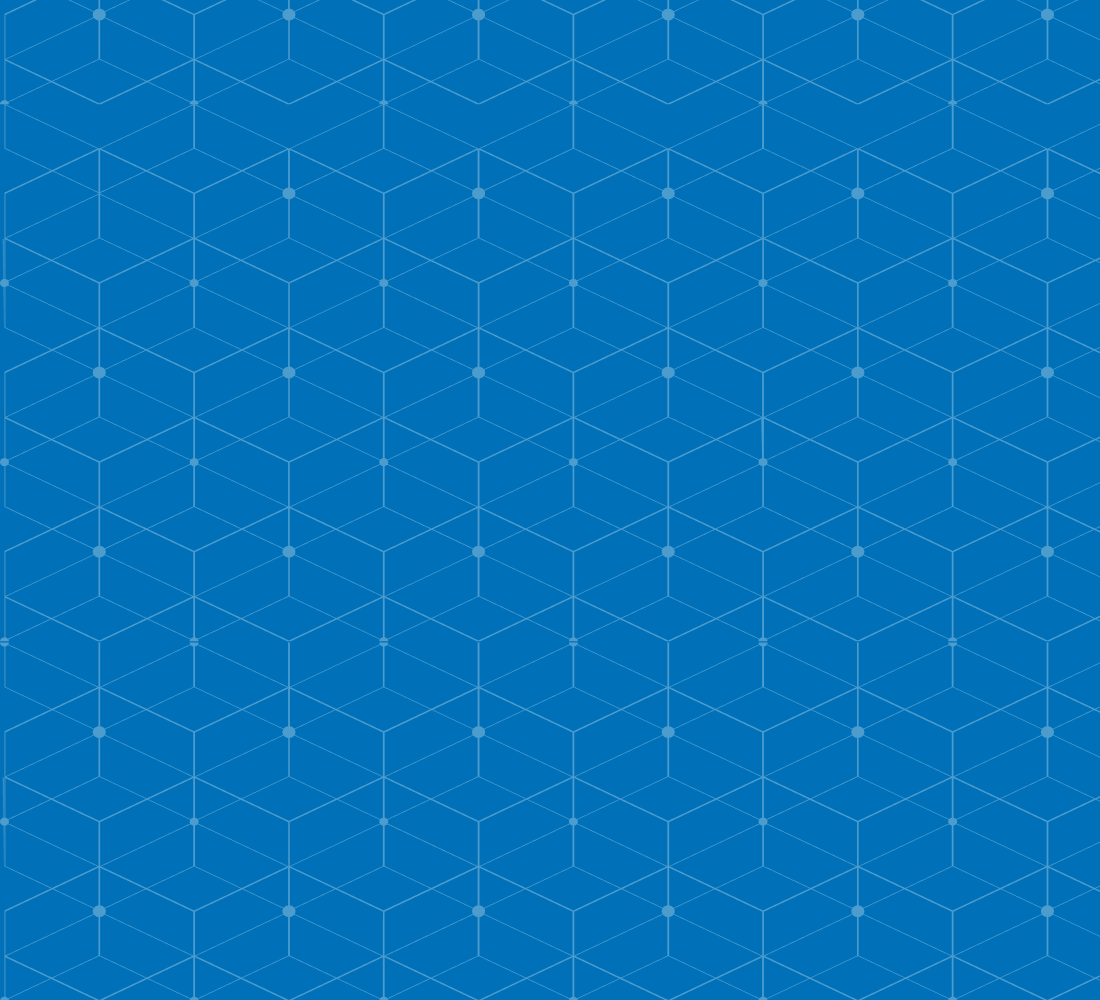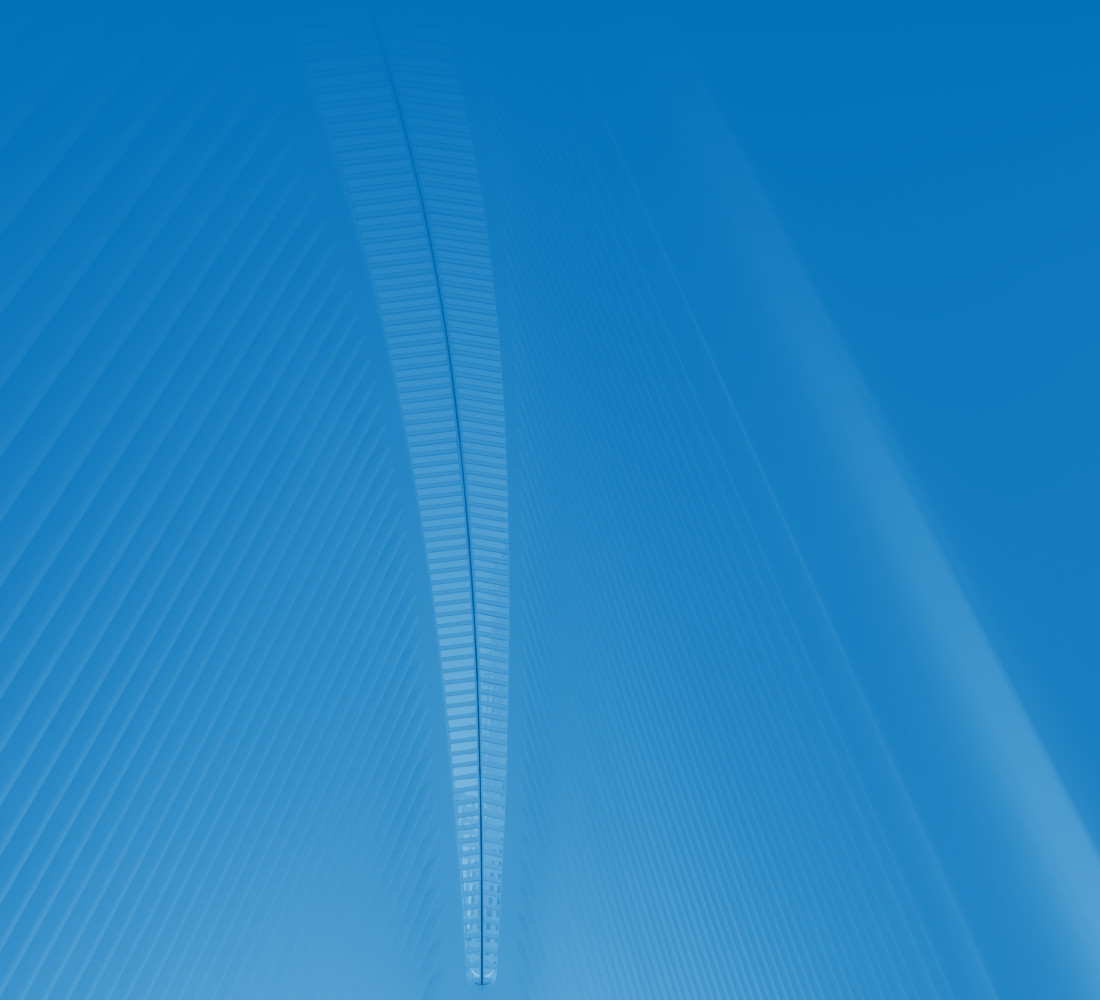
Zurich (Jan. 24, 2018) – STOXX Ltd., the operator of Deutsche Boerse Group’s index business, and a global provider of innovative and tradable index concepts, today announced that it has changed its Country Classification model.
As part of its continuous improvement process, STOXX has reviewed the existing Country Classification model. Based on the observation of the past years’ classification procedures, STOXX decided to update the model with a few key objective in mind:
Media Contact
General Inquiries:
media@qontigo.com
Index Inquiries:
Andreas von Brevern
+49 (0) 69 211 14284
- improve on the quality of the input data, aiming to timeliness and completeness on a constant basis;
- stick to the rules-based approach;
- yet introducing some element of informed decision-taking, acknowledging that the classification of a country cannot solely rely on hard facts, but some judgment may need to be applied in order to reflect the political, social and economic reality;
- render the rules responsive to an ever-changing environment;
- introduce elements of public governance.
As a result of the overhaul process, the model has been changed as follows:
- data sources have been revised, relying as much as possible on reliable, publicly available, easy to understand and widely used and accepted data;
- thresholds, where applied, have been made dynamic, so that they adapt to evolving market conditions and take into account the relative positioning of countries;
- particular attention is placed on howa country can move from one classification level to the other:
- an automatic change takes place when the new classification level is confirmed
- otherwise, an informed decision by STOXX is required
- a Watch List has been introduced, to observe the countries that may change classification
- a final validation of the classification is required, to prevent classification biases from contingent events;
- a public governance indicator, based on regulatory quality, political stability and control of corruption has been introduced.
General principles will continue to apply:
- a formal reassessment of all country classifications is done annually in Q1, when a final classification assignment decision is made for each country. A public announcement of any classification changes resulting from the annual reassessment is released latest by April of each year. Implementation of the classification changes occurs with the quarterly index review in Q3 of the same year;
- STOXX will review the regional classifications and index compositions in case a country announces changes to its currency and its companies adopt a new local currency at a future date. Changes will be implemented with two trading days’ notice provided that orderly trading in the original currency is possible following the announcement;
- in addition, STOXX generally reviews a country’s eligibility to any index at short notice in case of major market disruptions in that country;
- The general spirit in which the Country Classification is managed follows the principles of maintaining market integrity while striving to minimize unnecessary client impact.
The table below provides a comparative overview of the changes of the STOXX Country Classification model:
| Criterion | Current | New |
| 1 | IMF Country Classification (Source: IMF – International Monetary Fund) STOXX selects the advanced/developed countries as classified by IMF, which considers a range of quantitative and qualitative factors. | World Bank GNI per capita (Source: World Bank)STOXX selects the countries that are classified as Advanced or Developed by the World Bank in terms of GNI per capita (GNI/n). |
| 2.a | Market Capitalization Screening (Source: World Bank)The remaining countries must have a market capitalization that exceeds USD 15 billion to be eligible as a Developed or Emerging Market. | Market Capitalization Screening (Source: Thomson Reuters QAD / STOXX internal data)The remaining countries must have a market capitalization that exceeds the 20th percentile, as calculated in terms of the market capitalization of the countries covered by STOXX, to be eligible as either a Developed or Emerging Market. Countries that do not meet this criterion, will not be classified.The average data of the last three consecutive years are used in order to avoid short-term fluctuations. |
| 2.b | Liquidity Screening (Source: World Bank)The total value of shares traded must be higher than USD 15 billion. All countries currently classified as an Emerging or Developed Markets need to have at least USD 10 billion traded volume in order to maintain their classification. | Liquidity Screening (Source: Thomson Reuters QAD / STOXX internal data)The total value of shares traded must be higher than the 40th percentile, as calculated in terms of the value of shares traded of the countries covered by STOXX, for a country to be eligible for Developed Market status. All countries that have a total value of shares traded of less than the 40th percentile, but greater than the 30th percentile, will only be eligible for Emerging Market status. All countries that have a total value of shares traded of less than the 30th, will not be classified.The average data of the last three consecutive years are used in order to avoid short-term fluctuations. |
| 3.a | Free Currency Convertibility on On-Shore and Off-Shore Markets (Source: PwC – Pricewaterhouse-Coopers)The remaining countries must have free currency convertibility and availability of developed onshore and offshore markets. To get into and out of their positions, foreign investors should be able to freely buy and sell the local currency. | Free Currency Convertibility on On-Shore and Off-Shore Markets (Source: PwC – Pricewaterhouse-Coopers)The remaining countries must have free currency convertibility and availability of developed onshore and offshore markets. To get into and out of their positions, foreign investors should be able to freely buy and sell the local currency.This criterion is only considered at the time of classification. Extraordinary events will be assessed individually by STOXX. |
| 3.b | No Restrictions Capital Flows (Source: PwC – PricewaterhouseCoopers)International investors have to be able to move funds freely in and out of the country. | No Restrictions Capital Flows (Source: PwC – PricewaterhouseCoopers)International investors have to be able to move funds freely in and out of the country. |
| 3.c | None | Governance score (Source: World Bank)Each country is assigned a governance score based on Political Stability, Control of Corruption and Regulatory Quality as contained within the Worldwide Governance Indicators report of the World Bank.This criterion is only considered at the time of classification. Extraordinary events will be assessed individually by STOXX. |
| Watch List | None | Watch ListAll countries that would have a different classification from the previous year, would be flagged and captured in a watch list. Countries will stay on this watch list for a period of at least 1 years, and in some circumstances may stay on the watch list for many years, in order to avoid countries being classified and reclassified because of a certain data point at a particular point in time. Countries that oscillate between classification levels will maintain their last classification and remain on the watch list, unless decided otherwise by STOXX, within the framework provided by STOXX’ governance processes. The watch list would allow countries to be reclassified should STOXX deem in to be in the interest of market participants to expedite a new classification, within the framework provided by STOXX’ governance processes. Countries may only change classification by a single level at a time, as compared to their current classification. STOXX may consider certain countries as borderline (countries that are either just below or just above the set thresholds) and may include these in the watch list to be observed and possibly reclassified by STOXX, within the framework provided by STOXX’ governance processes. |
| Criterion | Current | New |
| 1 | IMF Country Classification (Source: IMF – International Monetary Fund)STOXX selects the advanced/developed countries as classified by IMF, which considers a range of quantitative and qualitative factors. | World Bank GNI per capita (Source: World Bank)STOXX selects the countries that are classified as Advanced or Developed by the World Bank in terms of GNI per capita (GNI/n). |
| 2.a | Market Capitalization Screening (Source: World Bank)The remaining countries must have a market capitalization that exceeds USD 15 billion to be eligible as a Developed or Emerging Market. | Market Capitalization Screening (Source: Thomson Reuters QAD / STOXX internal data)The remaining countries must have a market capitalization that exceeds the 20th percentile, as calculated in terms of the market capitalization of the countries covered by STOXX, to be eligible as either a Developed or Emerging Market. Countries that do not meet this criterion, will not be classified.The average data of the last three consecutive years are used in order to avoid short-term fluctuations. |
| 2.b | Liquidity Screening (Source: World Bank)The total value of shares traded must be higher than USD 15 billion. All countries currently classified as an Emerging or Developed Markets need to have at least USD 10 billion traded volume in order to maintain their classification. | Liquidity Screening (Source: Thomson Reuters QAD / STOXX internal data)The total value of shares traded must be higher than the 40th percentile, as calculated in terms of the value of shares traded of the countries covered by STOXX, for a country to be eligible for Developed Market status. All countries that have a total value of shares traded of less than the 40th percentile, but greater than the 30th percentile, will only be eligible for Emerging Market status. All countries that have a total value of shares traded of less than the 30th, will not be classified.The average data of the last three consecutive years are used in order to avoid short-term fluctuations. |
| 3.a | Free Currency Convertibility on On-Shore and Off-Shore Markets (Source: PwC – Pricewaterhouse-Coopers)The remaining countries must have free currency convertibility and availability of developed onshore and offshore markets. To get into and out of their positions, foreign investors should be able to freely buy and sell the local currency. | Free Currency Convertibility on On-Shore and Off-Shore Markets (Source: PwC – Pricewaterhouse-Coopers)The remaining countries must have free currency convertibility and availability of developed onshore and offshore markets. To get into and out of their positions, foreign investors should be able to freely buy and sell the local currency.This criterion is only considered at the time of classification. Extraordinary events will be assessed individually by STOXX. |
| 3.b | No Restrictions Capital Flows (Source: PwC – PricewaterhouseCoopers)International investors have to be able to move funds freely in and out of the country. | No Restrictions Capital Flows (Source: PwC – PricewaterhouseCoopers)International investors have to be able to move funds freely in and out of the country. |
| 3.c | None | Governance score (Source: World Bank)Each country is assigned a governance score based on Political Stability, Control of Corruption and Regulatory Quality as contained within the Worldwide Governance Indicators report of the World Bank.This criterion is only considered at the time of classification. Extraordinary events will be assessed individually by STOXX. |
| Watch List | None | Watch ListAll countries that would have a different classification from the previous year, would be flagged and captured in a watch list. Countries will stay on this watch list for a period of at least 1 years, and in some circumstances may stay on the watch list for many years, in order to avoid countries being classified and reclassified because of a certain data point at a particular point in time. Countries that oscillate between classification levels will maintain their last classification and remain on the watch list, unless decided otherwise by STOXX, within the framework provided by STOXX’ governance processes. The watch list would allow countries to be reclassified should STOXX deem in to be in the interest of market participants to expedite a new classification, within the framework provided by STOXX’ governance processes. Countries may only change classification by a single level at a time, as compared to their current classification. STOXX may consider certain countries as borderline (countries that are either just below or just above the set thresholds) and may include these in the watch list to be observed and possibly reclassified by STOXX, within the framework provided by STOXX’ governance processes. |


